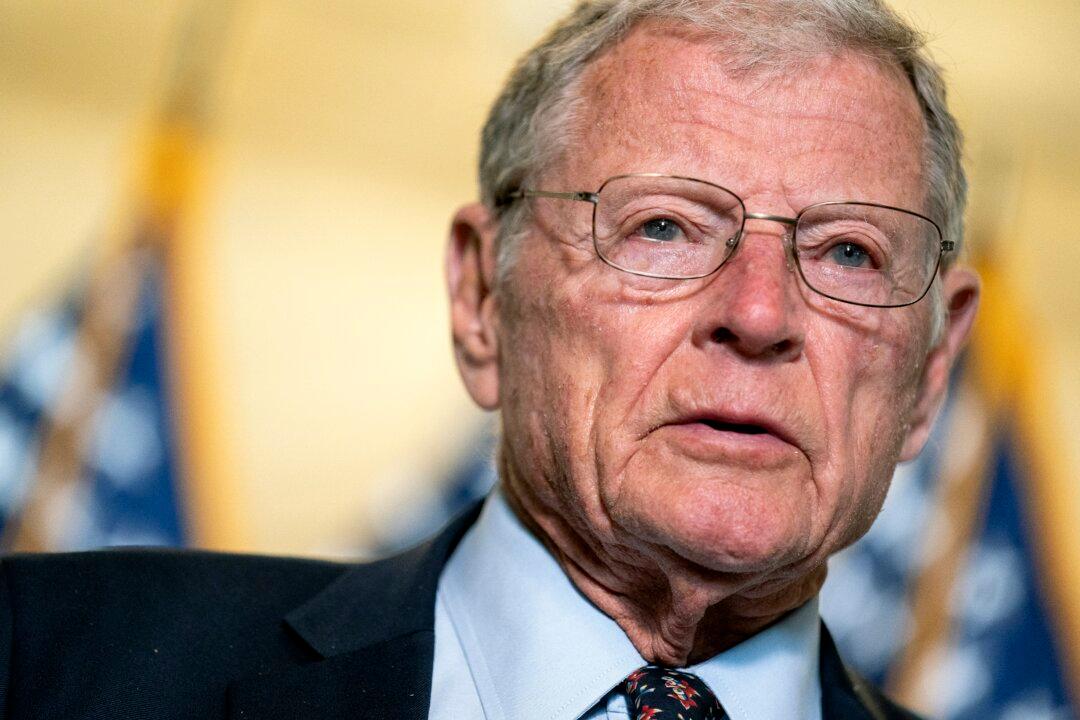The Senate Armed Services Committee on Wednesday voted to advance its version of the National Defense Authorization Act (NDAA) for the fiscal year 2023, adding over $40 billion to President Joe Biden’s military spending plans.
U.S. Senators Jack Reed (D-R.I.) and Jim Inhofe (R-Okla.), Chairman and Ranking Member of the Senate Armed Services Committee said in a statement that the committee voted 23-3 to advance the $45 billion increase to the annual defense policy bill.




